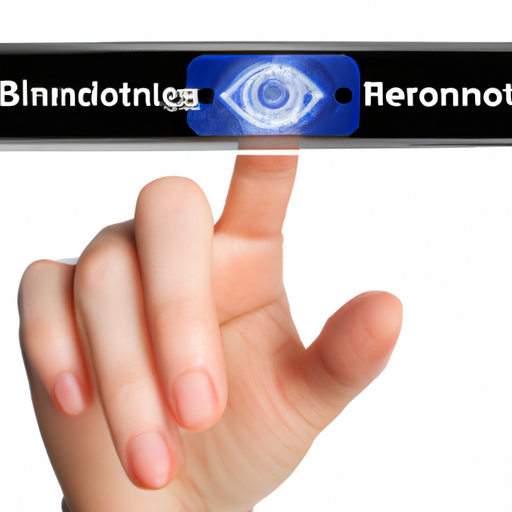In an increasingly digital world, traditional methods of authentication like passwords are becoming less effective at securing our personal and sensitive information. Biometric authentication is quickly emerging as a more secure alternative. By using unique biological traits for identification, this technology minimizes the risk of unauthorized access.
What is Biometric Authentication?
Biometric authentication refers to the use of biological characteristics—such as fingerprints, facial features, iris patterns, and voice recognition—to verify a person’s identity. Unlike traditional systems, biometrics relies on inherent traits that are difficult to replicate or forge.
Types of Biometric Authentication
- Fingerprint Recognition: One of the most commonly used forms of biometric authentication, it scans the unique patterns made by ridges and valleys of a person’s fingers.
- Facial Recognition: This technology analyzes facial features by mapping the distances between key points on the face, providing a biometric signature unique to individuals.
- Voice Recognition: This uses a person’s voice patterns, tone, and pitch to authenticate identity, ensuring access is granted only to the authorized individual.
- Retina and Iris Scanning: These techniques capture the unique patterns of a person’s iris or retina, providing a high level of security due to their complexity.
Benefits of Biometric Authentication
Implementing biometric authentication methods has multiple advantages, including:
- Enhanced Security: Biometrics are harder to fake or steal compared to passwords.
- User Convenience: With biometrics, users can access their devices or accounts quickly without remembering complex passwords.
- Reducing Fraud: Biometric systems can help identify and thwart identity thieves more effectively.
Applications of Biometric Authentication
Biometric authentication is being widely adopted across various sectors, including:
- Smartphones and Tablets: Many devices now come equipped with fingerprint or facial recognition for unlocking and app authentication.
- Financial Services: Banks use biometrics for secure transactions, ensuring that only account holders have access to sensitive information.
- Government and Public Sector: Security agencies utilize biometrics for border control and national ID programs.







